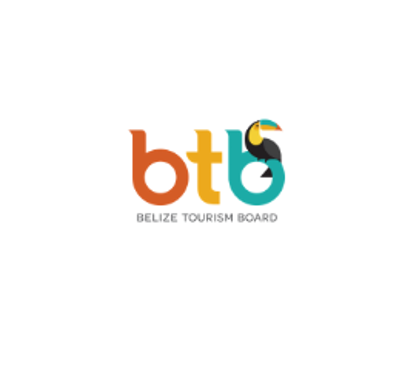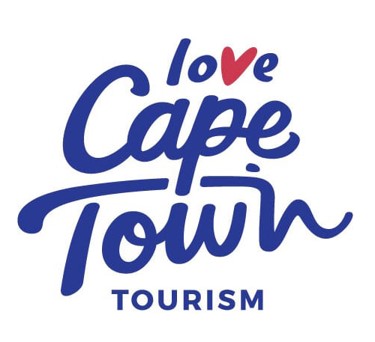
Dominica is a mountainous Caribbean island nation with natural hot springs and tropical rainforests. Morne Trois Pitons National Park is home to the volcanically heated, steam-covered Boiling Lake. The park also encompasses sulphur vents, the 65m-tall Trafalgar Falls and narrow Titou Gorge. To the west is Dominica’s capital, Roseau, with colorful timber houses and botanic gardens.
Geologically speaking, Dominica is one of the youngest islands in the Caribbean chain. It is a spry 26 million years old, still actively evolving with continuous geothermal activity.
Dominica’s first inhabitants, the Ortoroids, arrived from South America around 3100 B.C., and lasted on the island until around 400 B.C. Next came the Arawaks, who settled in about 400 A.D. By 1400, the Kalinago or “Caribs” moved aggressively up the Caribbean from South America, eliminating the Arawak from the region, including Dominica. When Columbus ushered in the era of colonization to Dominica in 1493, the same fate that befell the Arawaks would threaten the Caribs.
Ignoring the Kalinago name of “Waitukubuli,” Columbus renamed the island Dominica as he first made landfall on a Sunday. The Kalinago successfully resisted efforts of Spanish colonization, but the British and French followed from the 1600s on, battling each other, and the Kalinago, to claim the Island. Through the many battles and ravaged by disease, the Kalinago gradually lost control of the island, fleeing back to South America. However, today approximately 2,000 Kalinago remain on the island, most living in the Kalinago Territory in northeast Dominica. You may note that many village names in and around Dominica are a mix of Kalinago, French, and English—reflecting the power struggles of the last 500 years.
On November 3, 1978, the island attained its independence from Britain. The new era of freedom and independence brought increased challenges as well as economic and political struggles. By the mid-1980s, though, Dominica had settled down as a stable and peaceful country. The success of the banana trade, the island’s major export, brought economic buoyancy to the island. By 1992, however, Dominica saw sharp declines in banana exports with the loss of its preferential access on the UK market.
Today, the Government of Dominica is investing heavily in tourism to drive economic development, focusing on the island’s unsurpassed natural beauty, and the popularity of diving, hiking, wellness and eco-tours.
Join OTT today
Register for free-
webWebsite www.discoverdominica.com/
-
mailContact Email tourism@dominica.dm
-
callContact (767) 448-2045







